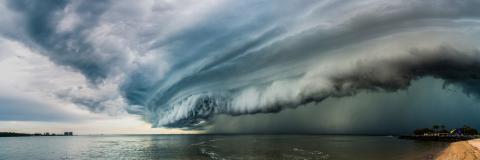With the festive season approaching, many Australians are heading overseas for a well-earned break or to visit family and friends. Although it's not festive to think about, some risks are greater during the holiday season.
News

The Pacific cyclone season is usually between November and March. There’s every chance that your holiday in the Pacific, especially during the December and January school holidays, may be affected by weather events.
- Pacific
- Safety

The 2023-24 Consular State of Play is now available online, giving a snapshot of the support DFAT provides to Australians overseas.
- Editorial

If your child is heading overseas to celebrate the end of school, we have advice to ensure their trip is memorable for the right reasons.
- Editorial
- Safety

Demonstrations and unrest linked to the situation in the Middle East may occur in countries worldwide.
- Africa
- Americas
- Asia
- Europe
- Middle East
- Safety

Celebrating over 20 years of helping Australians stay safe with travel advice.
- Editorial

Several strains of highly pathogenic Avian Influenza are circulating globally. Be aware of increased health risks when travelling to impacted countries.
- Americas
- Asia
- Europe
- Health

The World Health Organisation (WHO) has declared the current Mpox outbreak in parts of Africa as a global public health emergency. Mpox cases have also been reported across the world. If you’re planning to travel overseas, read more about Mpox to protect your health.
- Africa
- Europe
- Health

The latest research from the Department of Foreign Affairs and Trade’s Smartraveller and Insurance Council of Australia shows Australians’ common misunderstandings when it comes to travel insurance.
- Insurance
